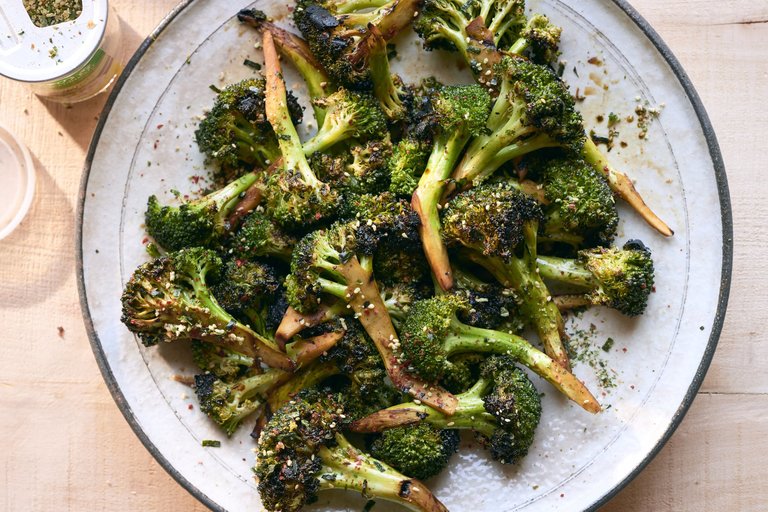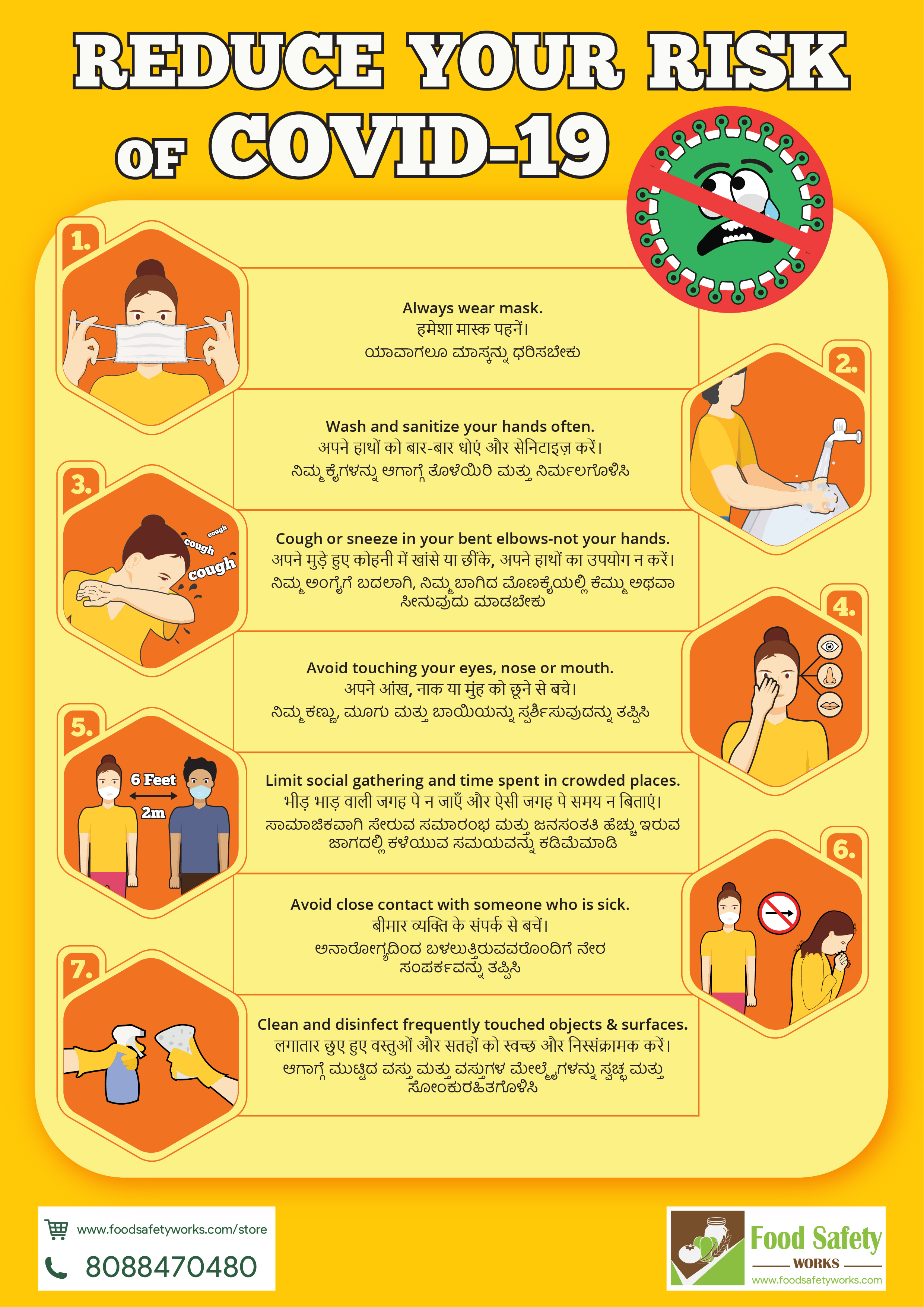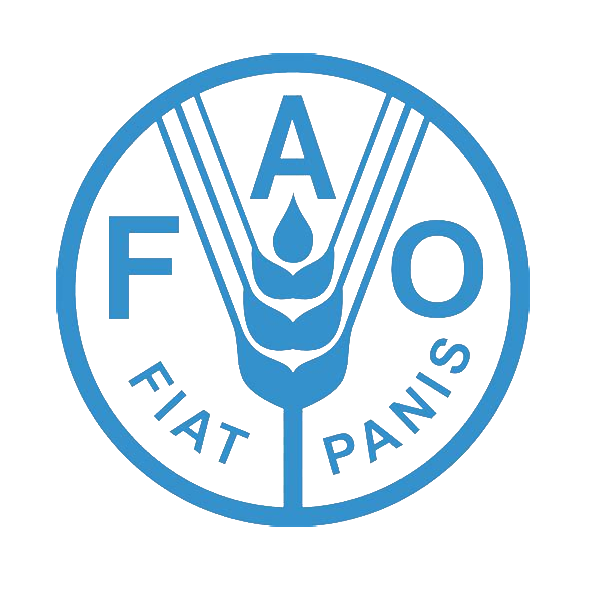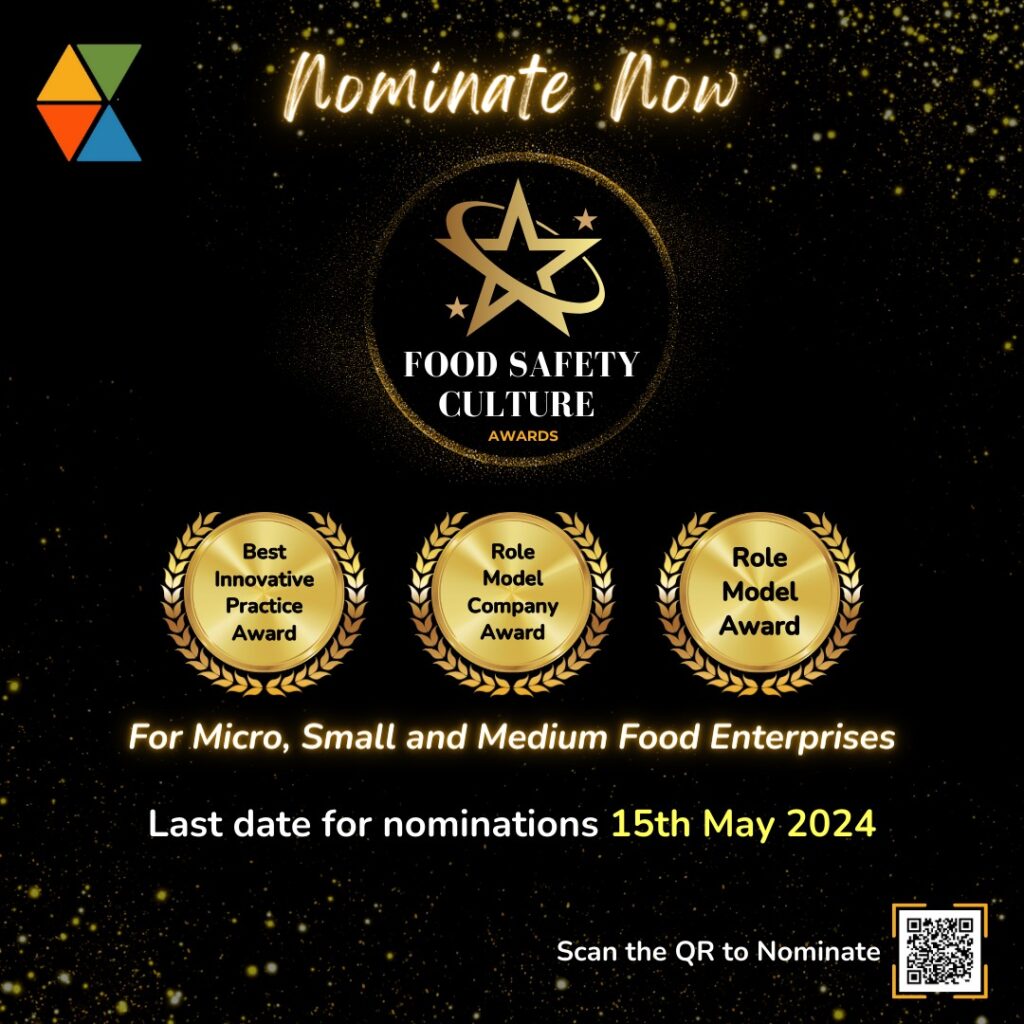On Nutrition
Cancer isn’t a topic anyone wants to think about, but it’s one we’re more likely to contemplate as we cruise toward and through “middle age.” Although cancer can happen at any age, our risk increases with age — about 25% of new cancer cases are diagnosed between the ages of 65 and 74. While your age and genes determine some of your risk for developing cancer, research shows that our genes’ interaction with our environment — including the food we eat — also matters.
What affects disease risk?
The surveyed GenXers believe two of the top difference-makers are regular, sustained physical activity and a diet high in fruits and vegetables. That’s absolutely accurate, yet Kris Sollid, R.D., senior director of nutrition communications at the IFIC Foundation, said that some of the respondents’ other assumptions miss the mark.
How food beliefs affect food choices
Nearly half of all GenXers surveyed said that whether a food or beverage might reduce their risk of developing cancer plays a role in their purchase decisions — but so does reducing risk of heart disease, diabetes and other diseases. More than half of GenXers who prioritize cancer prevention say they eat a much different diet than they did 10 years ago, although 75% of participants say that their diet is generally better than it was a decade ago.
What a plant-based plate looks like
AICR suggests aiming to fill two-thirds of your plate with nonstarchy vegetables, fruits, whole grains and beans. That includes at least five servings a day of vegetables and fruits, especially colorful varieties. Eating a variety of plant foods offers your body’s cells a broad mix of vitamins, minerals, fiber and phytochemicals, which are natural compounds that may help protect cells from damage that leads to cancer.
What about the other third of your plate? You can fill it with animal protein (meat, poultry, fish, eggs, milk and dairy) if you choose, but make your choices healthful ones. Choose lean meats, and don’t let them become charred or burnt during cooking. While you’re eating more plant foods, here’s what to eat less of:
- Processed meats, which often contain preservatives and other substances that may promote cancer.
- Highly processed foods and beverages with added salt, sugar or fat. These tend to be lower in nutrients, fiber and water while being higher in calories.
- Refined carbohydrates (white bread, white-flour pasta and white rice). These foods are low in fiber and nutrients.
- Alcohol, which increases the risk of certain cancers, including breast and colorectal cancer. If you imbibe, don’t exceed two drinks a day for men, one drink a day for women.
A final thought
Interestingly, the survey results suggest that people with lower incomes have poorer health, are less familiar with plant-based diets, are less likely to believe that food choices can affect cancer risk, and subsequently are less likely to choose foods based on their cancer-preventive properties. Does higher income make it easier to stay healthy, and people who are already healthy find it easier to believe that their personal actions and behaviors make a difference? That’s an important question. For reading the complete article click here.







